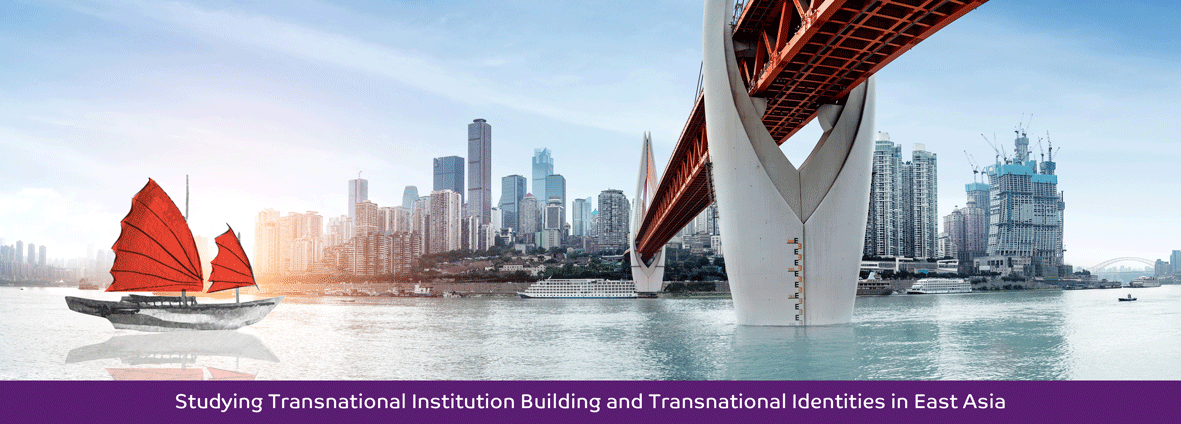Transnationalisation in East Asia
Transnational interaction, processes, and structures have become increasingly important in today’s world, whether it be in the economic, social, political, or cultural realm. However, transnationalisation does not necessarily evolve at the global level, rather it is often regional in scope.
At AREA Ruhr we concentrate our research on transnationalisation in East Asia. This is one of the most vibrant and increasingly influential world regions, and here we specifically scrutinize East Asian regional institution building, identity-formation, and the interaction between both processes. By applying regional, transnational, and comparative approaches to the study of East Asia, we aim to overcome the narrow, single-country focus still dominant in this field of study.
Furthermore, the traditional scholarship on East Asia deals either with the language, culture and history of one particular country, or with social, political, and economic phenomena within one individual state. At AREA Ruhr our goal is to transcend this artificial separating line between the humanities/cultural studies on the one hand and social/economic sciences on the other, firmly basing our research on multidisciplinary perspectives instead. Such an approach allows us to explain the complex interaction of social, political, economic, historical and cultural developments in East Asian institution building and identity-formation in a well-informed and highly nuanced way, as well as to make important contributions to the emerging scholarship on transnationalisation.
AREA Ruhr’s approach of aligning transnational and transcultural perspectives on regional institution building and identity formation is also reflected in its two innovative study programs. These are a one-year master program in Transnational East Asian Studies (MA TEAS) and a three-year doctoral program on Transnational Institutions and Transnational Communities in East Asia.
You can find out more about our programs here:

